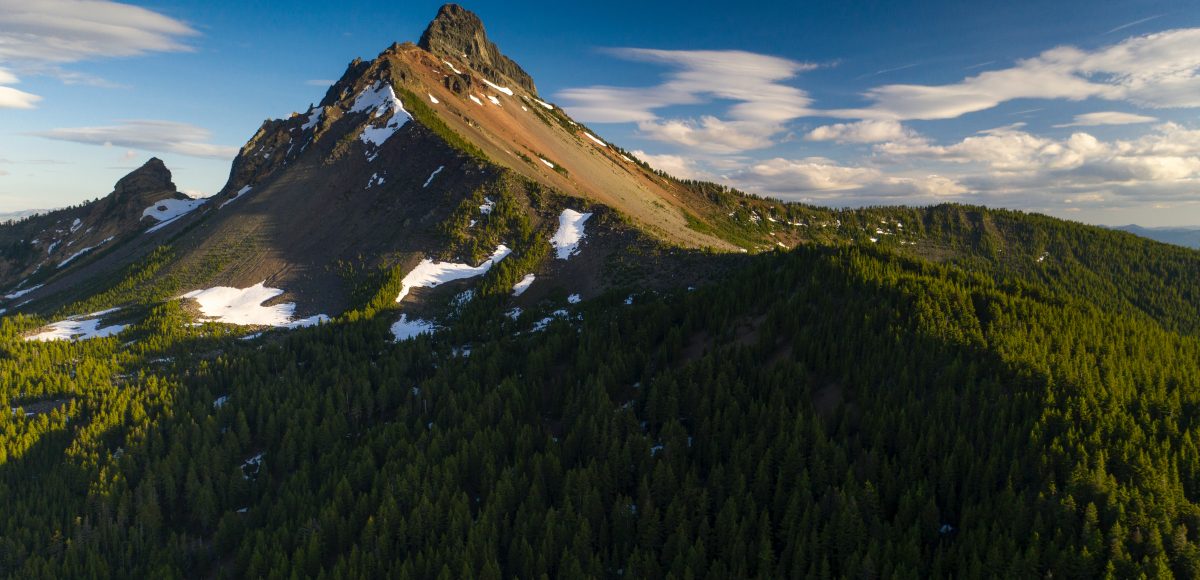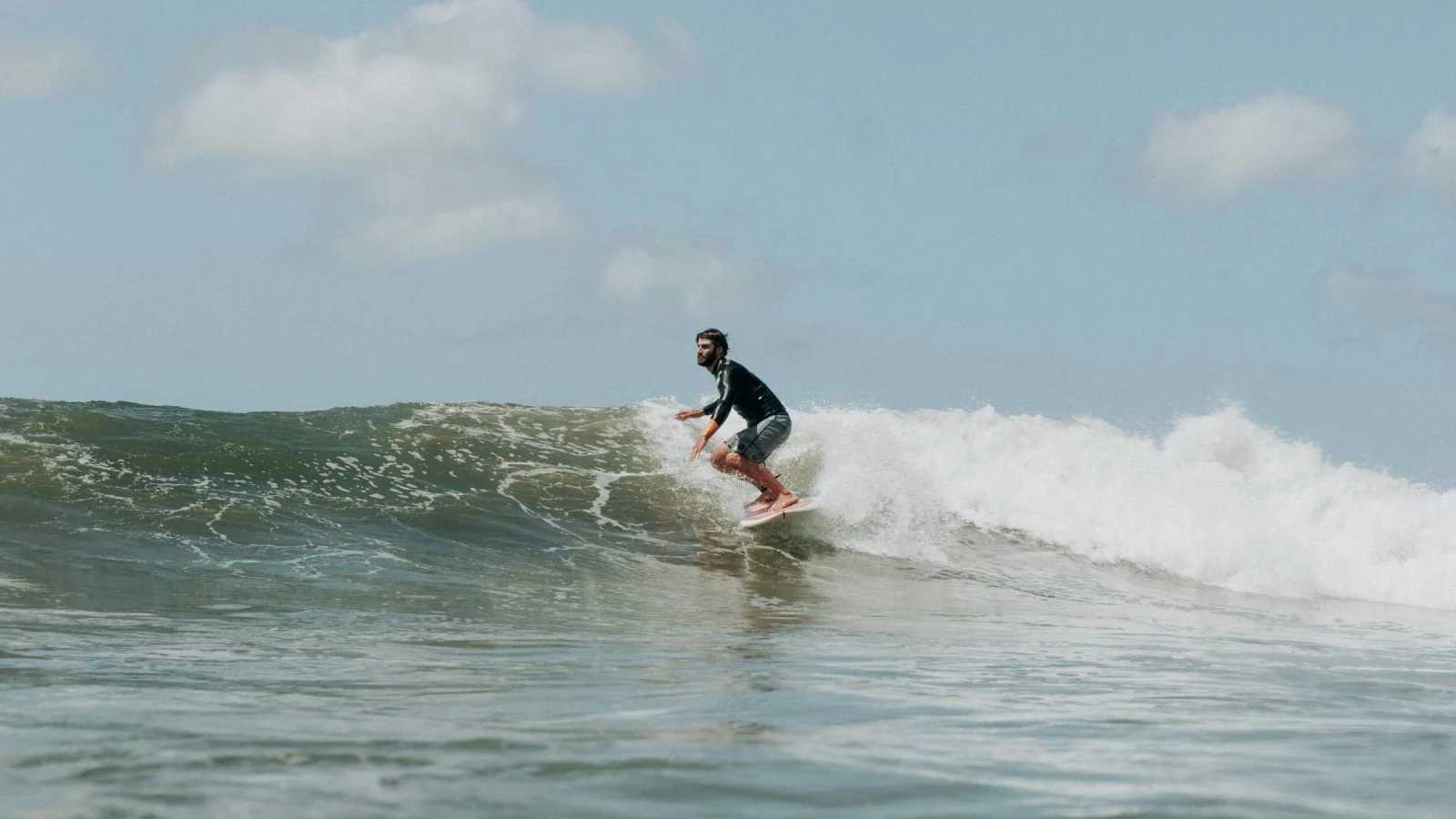Alright, this isn’t just another article about the health benefits of going outside that you’ve read 1000 times on news sites and in health magazines.
Yes, it touches on a few of the same areas, but there is proven science to back the concept that you are better off taking that annual heliskiing trip, exploring new mountain bike trails, or learning to kitesurf.
Up until now, we’ve mostly focused on the physical benefits of these activities (of which there are too many to count), but now there are also benefits for mental health which has implications for overall well-being. It’s not just a workout, it’s about stress and the body’s response.

We don’t claim here at Heli to be scientists unless there is a field of science related to having a good time that we aren’t aware of. But our community has been sharing articles with each other and our team regarding the benefits of finding natural landscapes and immersing yourself in new outdoor experiences.
As a starting point, we thought we’d share some of that information and let you go down the rabbit hole yourself.
The outdoors is a special place. It’s where we go to get away from the hustle and bustle of everyday life, but it also brings us back to reality in ways that nothing else can. Here are some reasons why outdoor adventure experiences are critical for living longer and healthier lives.
The sense of awe.
It’s hard to capture in words the feeling of being dropped off on a remote peak in the Alaskan wilderness. There’s an underlying sensation where your whole body seems to buzz with electricity. It’s unlike anything else we experience in our daily lives,
Talk to any skier, climber, fisherman, or mountain biker, and they will tell you. There is a distinct feeling when you’re sitting in the middle of unforgiving landscapes far away from the demands of your everyday life.
Experiences of awe in nature have been shown to have positive effects on our mental and physical health. Awe is defined as a feeling of wonder, amazement, and reverence in the face of something greater than oneself. Exposure to nature can elicit feelings of awe, which in turn can lead to reduced stress, improved mood, and increased well-being.

Outdoor experiences, like the kind of experiences you can find on www.heli.life, can be a way to increase exposure to nature. Research has shown that exposure to natural environments can lead to increased experiences of awe. In turn, experiences of awe in nature have been linked to a range of health benefits, including reduced inflammation, improved immune function, and increased life satisfaction.
The connection has something to do with feeling small in these massive spaces. The ego is subdued, you feel humbled by this incredible place, and it provides perspective on your life and problems. Your “normal life” feels distant and your constant need to stay on top of your email inbox seems as unimportant as ever.
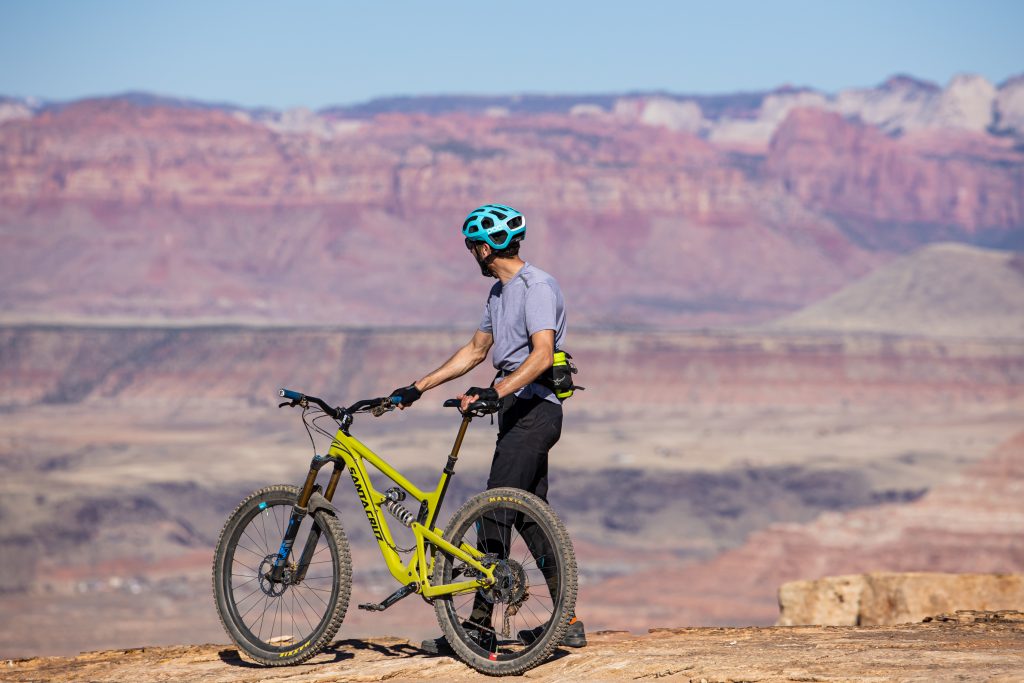
What the Hell is biophilia and why does it matter?
Many of the people in our growing adventure community say that they feel “drawn” to the outdoors. It’s been described as a call to the wild, written about extensively by poets and authors, and seems to be the theme of most ski movies and outdoor-focused film projects these days. Now, you’ll be able to properly name that feeling.
Biophilia is a term coined by the Harvard naturalist Dr. Edward O. Wilson to describe humanity’s innate tendency to focus on life and lifelike processes and to be drawn towards nature, feeling an affinity for it, a love, and a craving. It is the idea that humans have an innate, biologically-driven need to interact with other forms of life, stemming from a love of life and the living world, and an affinity for other life forms.
Biophilia is important because it has been shown to have a positive impact on our physical and mental health. Studies have shown that exposure to nature can reduce stress, improve mood, increase creativity, and boost overall well-being.
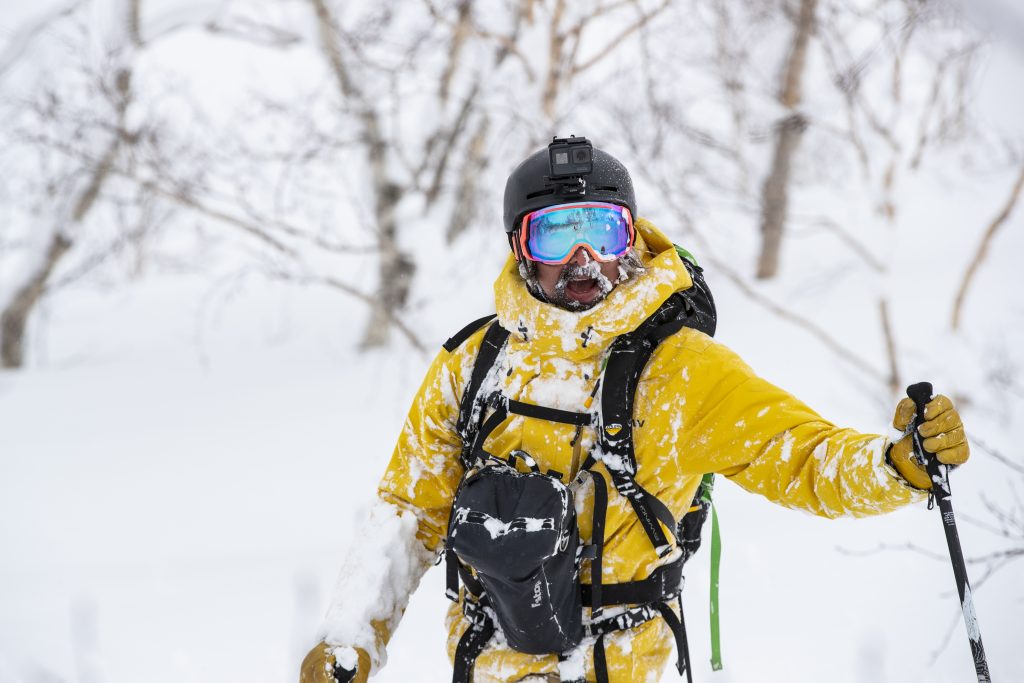
Outdoor adventure experiences can be a way to increase our exposure to nature and tap into our biophilic tendencies. Hiking, biking, skiing, and diving are all great examples of activities that can help us connect with the natural world, which in turn can have positive effects on our mental and physical health. For example, hiking in nature has been shown to reduce rumination (repetitive negative thinking) and improve cognitive function. Feeling stuck on a project, or drained by work? An adventure trip is the answer.
Why does this phenomenon occur? Why are we drawn to natural spaces? It might have something to do with what we see.
The geometry of natural landscapes
Fractal geometries in nature are important for our mental health because they have been shown to elicit positive emotional responses and reduce stress levels. Studies have found that exposure to natural scenes with fractal patterns, such as trees or clouds, can lead to increased relaxation, reduced anxiety, and improved mood.
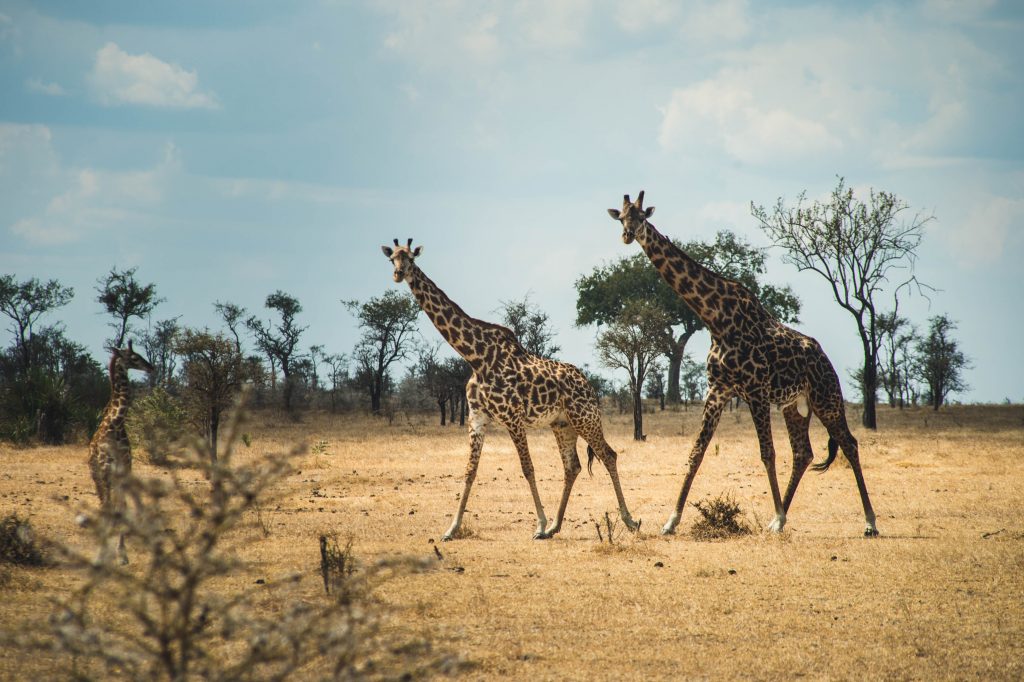
In contrast, modern linear geometries found in cities and urban landscapes can be associated with increased stress and negative emotional responses. The repetitive and predictable nature of linear geometries can lead to feelings of boredom and disengagement, which can contribute to stress and anxiety.
One reason why fractal geometries may be more beneficial for our mental health is due to their connection to nature. Fractal patterns are ubiquitous in natural environments, and our brains may have evolved to find them aesthetically pleasing and calming. Additionally, fractal patterns may be inherently interesting and engaging to our brains, which can lead to increased attention and reduced stress.
How long do you need to be in nature to see the benefit?
Some people find that they can start receiving the benefits of being in nature with only an hour a day outdoors. There is research that backs this, but where things become really interesting is after the first three days spent on a trip.
The three-day effect in nature refers to the idea that spending at least three days in nature can have significant positive effects on our mental and physical health. Research has shown that spending time in nature can reduce stress, improve mood, and increase cognitive function. However, it appears that the full benefits of nature exposure are not fully realized until after spending at least three days immersed in nature.
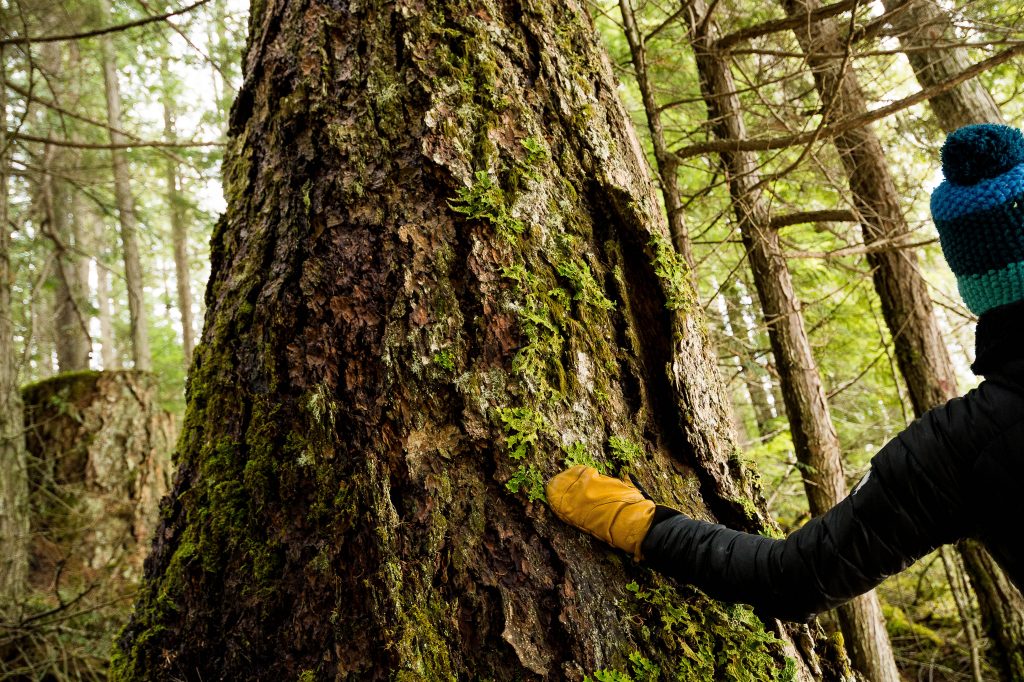
One study found that after three days of camping in nature, participants’ levels of the stress hormone cortisol decreased, and their cognitive performance improved. Another study found that a three-day nature experience led to increased feelings of awe, which in turn predicted improvements in well-being and life satisfaction.
There are several reasons why spending multiple days in nature may be important for achieving full health benefits. One reason is that it takes time for our bodies to adjust to the natural environment and for our stress levels to decrease. Additionally, spending more time in nature allows for a deeper connection to the natural world, which can lead to increased feelings of awe and appreciation for the environment.
Another factor is distance from the stress we experience in our daily lives. Stress isn’t exactly something you can escape for good. Our ancestors survived because of heightened awareness of threats from the external world. For better or worse, those are the brains we’re working with today. Even in the absence of threats, our brains do the work of finding “danger.” That danger could take the form of problems issues at work keeping you up at night, a family or relationship issue that keeps nagging you, or maybe just the feeling that you’re going to be doing laundry until you die. Lots of things can trigger stress in our modern life, but very little of it actually threatens us in a way that is meaningful.
However, when you are taking on a new challenge by learning to kite foil, standing above a steep chute in the backcountry, or getting psyched up to drop into the biggest wave you’ve ever been on, there is some actual danger involved. It’s why we get such a thrill and rush of adrenaline, the stress you experience is truly connected to the lived experience. Suddenly that issue back home is meaningless. After three days or more, you’ll probably forget that old problem altogether. When you return, stressing about that old problem will feel downright silly.
Connecting with others (the X factor)
An important aspect of health is community. The saying goes you are the product of the 10 people you spend the most time with. Who you are depends a lot on who you are with.

At Heli, we’ve always believed that outdoor adventures are the most important bonding experience you can have with friends and strangers. We’ve gone on group trips where the majority of people didn’t know each other well. A year later, we find out they have been texting, meeting up for coffee, and planning their next adventure together.
The shared experience of being in a place that both challenges you, and leaves you with a sense of awe, activate all those powerful aspects of your brain, and serve as fertile ground for establishing new lifelong friendships and reinvigorating old ones.
So what the hell are you waiting for. Pick up that phone, circle up your friends, and start planning your next trip with our team. Looking for some inspiration? Click below.
Some sources to explore:
- https://www.ncbi.nlm.nih.gov/pmc/articles/PMC6164292/
- https://www.ncbi.nlm.nih.gov/pmc/articles/PMC4997466/
- https://greatergood.berkeley.edu/article/item/eight_reasons_why_awe_makes_your_life_better
- https://journals.sagepub.com/doi/full/10.1177/17456916221094856
- https://www.ncbi.nlm.nih.gov/pmc/articles/PMC5967333/
- https://www.ncbi.nlm.nih.gov/pmc/articles/PMC5967333/
- https://www.nationalgeographic.com/magazine/article/call-to-wild
- https://www.sciencedirect.com/science/article/abs/pii/S0272494412000384

